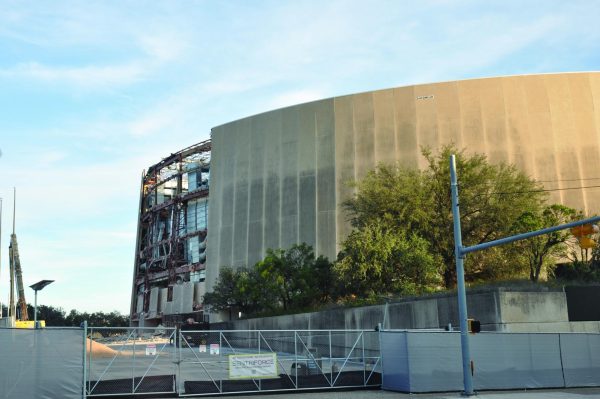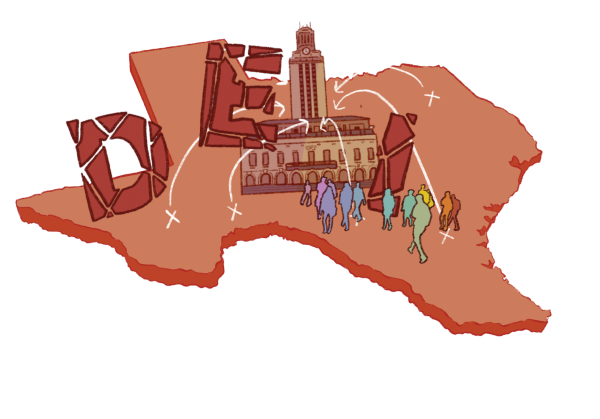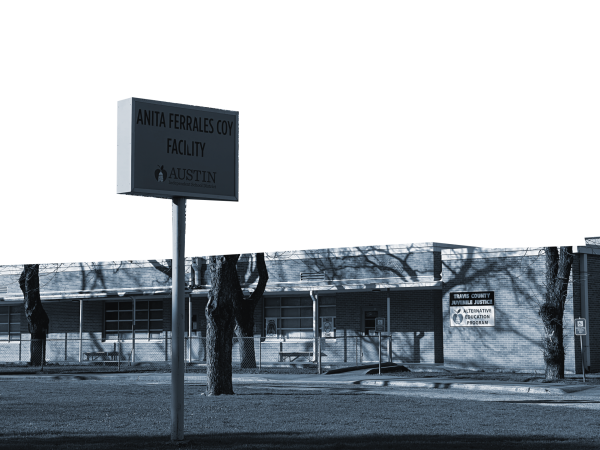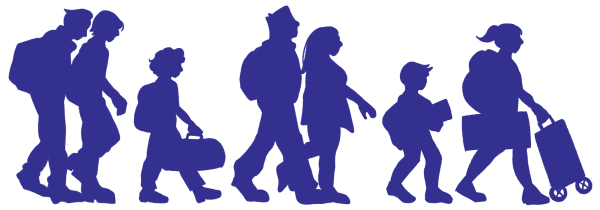Raising alertness for AISD
April 9, 2019
In a day when violent acts such as the Santa Fe school shooting in May 2018 and the Parkland school shooting in February 2018 are occurring much more frequently, schools around the U.S. are exploring a range of approaches to deal with this threat and ensure student safety. Measures such as Town Hall Tuesdays at LASA and neurobiological advances in counseling across Austin Independent School District (AISD) were implemented to decrease the risk of these disasters. Additionally, organizations such as Warn Central Texas are coordinating with the district to ensure Austin families are alerted of disasters as they occur.
Violent trends in American schools have also increased the importance of emergency alerts. According to Capital Area Council of Governments (CAPCOG) director of homeland security Martin Ritchey, CAPCOG organization Warn Central Texas is trying to increase its database of contact information.
“What we’re trying to do is build our Austin database for Warn Central Texas,” Ritchey said. “Since many years ago when regional notifications and emergency notification systems were developed, the vast majority of people had landline telephones inside their home. However, cell phones don’t get recorded in a database like landline phones do…Alerts are typically drawn up on a geographical basis…just the people that need the alert get it, and how to send alerts out on a granular basis is to have the person register on Warn Central Texas, their phone number with their address.”
AISD has a large database of contact information from families in the Austin area. According to Ritchey, Warn Central Texas is using this to accomplish its goal of increasing its database.
“When a student is enrolled in school, phone numbers and emergency contact information is typically entered into a system similar to the type of equipment we use,” Ritchey said. “What we’re looking for for Warn Central Texas and what AISD is helping us promote, along with many other agencies, is that we’re collecting cell phone data but we need to have location data. Where does that cell phone reside, the home address of that cell phone…That’s a way for local governments to be able to tell your parents what’s going on in the general arena of emergency services.”
According to AISD secondary counselor coordinator Meagan Butler, the AISD counseling department has expanded and responded to advancements in the understanding of the brain. Butler said an increase in neuroscientific technology–based on specific structures of the brain–has allowed counselors to adopt new techniques to help students while grant funding has also benefited the district’s counseling department.
“All of our counseling in the past two years has been highly informed by a Neurosequential Model and trauma-informed practices,” Butler said. “Whatever we’re doing is all based around the idea of brain development. I think part of the reason why that’s happened is the advancements in neuroscience, but also because of the grant funding.”
These developments have occurred at a time when mental health issues nationwide have become more common. According to Mental Health America, the percentage of American youth with major depressive episodes increased from 8.66 percent in 2015 to 12.63 percent in 2019. Butler said this trend has affected Austin, changing AISD counseling.
“I think what we’re noticing is there is an increase nationally in suicidality, and there is an increase nationally in some pretty severe health issues,” Butler said. “So we are feeling the effects of that in Texas and in Austin, and so our licensed mental health professionals are providing a lot of support to students and to school counselors in these areas…Prior to that, a lot of it was…connecting [students] to social services for basic needs. Now it’s more like connecting them to social services for mental health support.”
On a more granular level, LASA counseling has responded to nationwide increases in violence and mental health issues in schools. According to wellness counselor Alicia Salinas, she and her fellow counselors have increased their level of awareness in certain situations.
“Everyone’s more vigilant now,” Salinas said. “Town Hall Tuesday, from my understanding developed because of some of the stuff that has happened here last year, so [Principal Stacia] Crescenzi wanted a platform so that if something was to happen in the future, there was a place that’s already set up, so we know you can come here to Town Hall Tuesday and talk about whatever happened on the campus currently.”
Along with establishing Town Hall Tuesday, this increased attentiveness of wellness counseling at LASA has otherwise benefitted the campus. Salinas said the presence of wellness counselors has led to more personal and effective counselor-student relationships in academics and in mental health.
“In regards to a mental health standpoint, there are schools that do not have this service, there are schools in the AISD that do not have a wellness counselor,” Salinas said. “The counselors are having to not only budget scheduling, but also college, and mental health crises, and people slip through the cracks with that. I think this campus is unique in that they have two and some have none. I think that’s taking into account how big mental health is and how that affects teens differently across the board. The academic counselors have been able to do more scheduling and more individual stuff since we’ve been able to be here and pick up on crises.”









